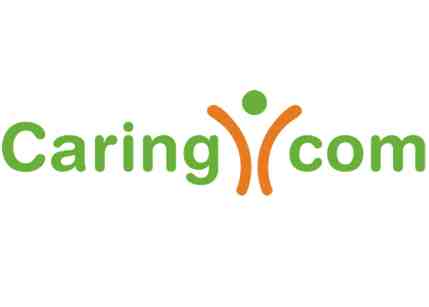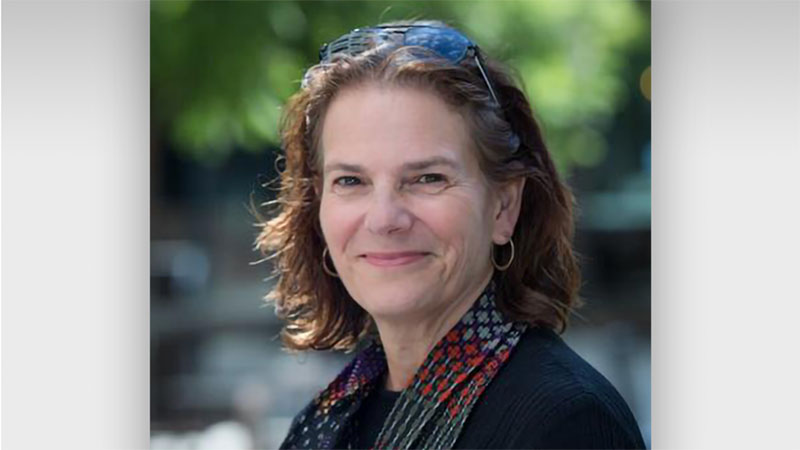
As a practicing primary care geriatrician, I am always on the lookout for good resources that can help support my patients and their caregivers outside of the clinic visit. So I was pretty intrigued two years ago when a health writer approached me, saying she was writing for a website developed for adults caring for aging parents. And would I be willing to answer a few expert questions every month?
When I first became involved with Caring.com, I was impressed by the site’s attention to dimensions of the caregiver experience that physicians often only peripherally attend to, i.e. housing, legal issues, financial issues, caregiver self-care, and negotiating difficult conversations with a parent. The medical information, on the other hand, didn’t always seem to be quite what I wanted for my patients and their caregivers. Like most health information on the Internet, it was very disease-focused, with relatively little to link the information to a person’s function, co-morbidities, and overall “big picture.”
Fast-forward to today. After collaborating with Caring.com during my research fellowship and MPH on a qualitative project about e-caregivers and information needs, I’ve continued to work part-time for the site, as a medical editor and in-house geriatrics consultant. Through this work, I hope to help the site realize its potential as a way to improve caregiver access to geriatric (and palliative care) “ways of thinking about health and disease.”
Just this week, the site launched an interesting new feature that I hope the Geripal community can provide some feedback on. It’s called Steps and Stages, and it’s the site’s first attempt to provide dementia education/support materials that are tailored to a care recipient’s stage of the disease. Through this feature, a caregiver can use a short interactive wizard to help identify what stage of Alzheimer’s a person is in. They can then sign up to get weekly emails with dementia care tips that are tailored to that stage. Caregivers are also encouraged to join “Stage groups,” so they can engage in online discussions with other caregivers coping with the same stage of dementia.
Is there an evidence-base behind this? Not yet, unless you count a recently published systematic review which did note that many studies report that caregivers want information to be in non-technical language, as well as tailored to their circumstances.
Still, my hope is that this project will be of interest to academics and researchers, as well as to practicing clinicians. Health websites will keep zooming along and evolving, with or without us. I think we might as well be involved, even if the evidence-base is not quite there. Caring.com has estimated that they already have 40,000 Alzheimer’s caregivers in their online community. This is only a small proportion of the estimated 11 million Americans who are dementia caregivers. But it’s a lot more people than I will ever be able to see in clinic (not that I am the best source for help with non-pharmacological dementia management, anyway).
So if you have a moment, or you are an expert in health education, or if you are a practicing clinician wondering if this might be useful to those patients and caregivers who have access to the Internet, I hope you’ll check this out. Any thoughts, comments and feedback will be greatly appreciated. You can post comments here, or feel free to email me (drkernisan@caring.com) directly.
by: Leslie Kernisan, MD MPH
Addendum: I just realized that using the stage wizard requires registration with the site. This shouldn’t result in you getting any spam, but if you prefer to not register, much of the dementia education content itself can be accessed without registering here



